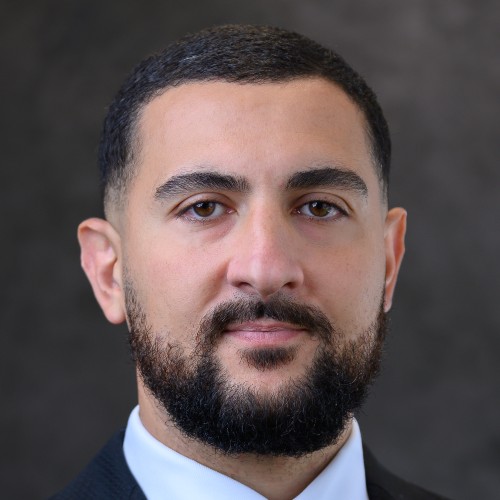After a car crash, especially if the accident was serious and you were inured, you may have the urge to post on social media. You may want to tell your family and friends that you are ok, giving status updates on your recovery. You may even have the urge to complain about the accident and vent your frustration towards the at-fault driver. Unfortunately, posting about a crash on social media has several drawbacks and can ultimately harm your legal claims both against the at-fault driver and with the insurance companies. As a general rule, you should steer clear of any social media activity while a personal injury claim is pending. Read on for a discussion of why you should avoid social media after a car crash, and consult a seasoned Glendale car accident lawyer if a negligent driver in Southern California has injured you or a loved one.
Posting can weaken your claims, reduce your damages
Personal injury lawyers, lawyers for insurance companies, and insurance claims adjusters regularly look to social media to strengthen their case and absolve themselves of liability. If you were hurt in an accident, you can bet that everyone working against you will be scouring your social media and the accounts of your family and friends for anything to weaken your claims. If you claim serious injury, for example, but then post stories of your recovery or pictures of you engaged in strenuous physical activities such as playing sports, the opposing lawyer will have a field day in court claiming that your injuries are not as severe as you asserted.
Pictures and posts that can hurt your case include:
- Pictures of you engaged in strenuous physical activities which either could exacerbate your injuries or suggest that your injuries are not so severe
- Assuring your followers that you are “fine” or that your injuries are not “serious” will weaken your claims about the severity of your injuries
- Pictures of you smiling and having an active social life
- Geo-tagged posts showing you traveling and having a full life
- Posts about how much you have recovered or how quickly you are recovering
You can waive confidentiality
You are guaranteed attorney-client confidentiality, which generally means that your discussions with your attorney about your case are confidential and cannot be accessed by opposing parties. However, you can waive confidentiality by sharing details about your case with third parties. A court may find that you waived confidentiality if you, for example: comment about the case; talk about your injuries; share medical bills; post pictures or videos about the accident; speculate about the outcome of the case; talk about what you will do with settlement money; share anything that you have discussed privately with your attorney.
Waiving confidentiality for some things likely means you lose confidentiality with others. That means the opposing lawyer can get access to your discussions with your attorney, giving them a significant strategic advantage in court and severely harming your chances of a full, robust recovery.
You might accidentally admit fault
Anything you post publicly about an accident, or any pending legal case, can and will be used against you. Something as innocuous as “I crashed my car” can be interpreted as an admission of responsibility:
You crashed your car, rather than “someone crashed into me.” Likewise, if you apologize, even if you are just trying to be polite, your statement may be taken as an admission of guilt. Admitting fault can reduce your overall recovery or even cause your entire case to be thrown out.
Get Help after a Car Crash from Our Glendale Traffic Accident Lawyers
If a negligent driver in California has injured you or a loved one, get help seeking damages from a dedicated professional by contacting the passionate and effective Glendale personal injury attorneys at McReynolds Vardanyan LLP for a free consultation at 818-855-2115.




